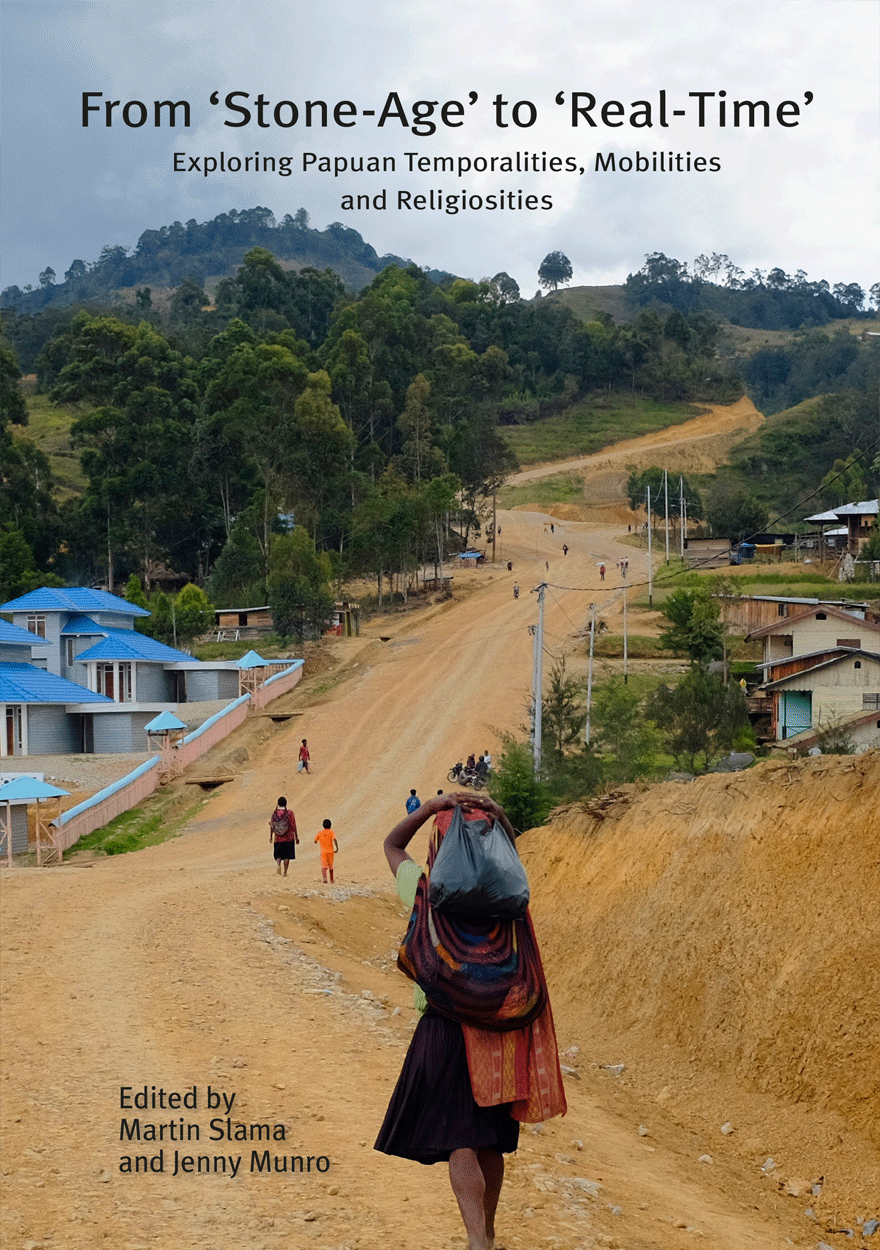Jenny Munro
Jenny Munro is a research fellow in the State, Society and Governance in Melanesia Program at The Australian National University. She is a cultural anthropologist who works in Papua and other regions of eastern Indonesia. Her doctoral research followed a group of indigenous university students from the central highlands of Papua to North Sulawesi and back home again to examine the social, cultural and political impacts of schooling. Since completing her PhD in 2010, Jenny has conducted five collaborative ethnographic research projects in the domains of HIV/AIDS, sexuality, education and alcohol-related violence. Her research reflects a broader interest in understanding emerging and enduring inequalities that are reshaping daily life in Papua. She has published articles on racial stigma and premarital pregnancy experiences (Journal of Youth Studies), the politics of HIV research and policy formation (The Asia Pacific Journal of Anthropology), and indigenous experiences of the value of education in highlands Papua (Indonesia). She is currently writing about HIV, gender and mobility in Papua.




